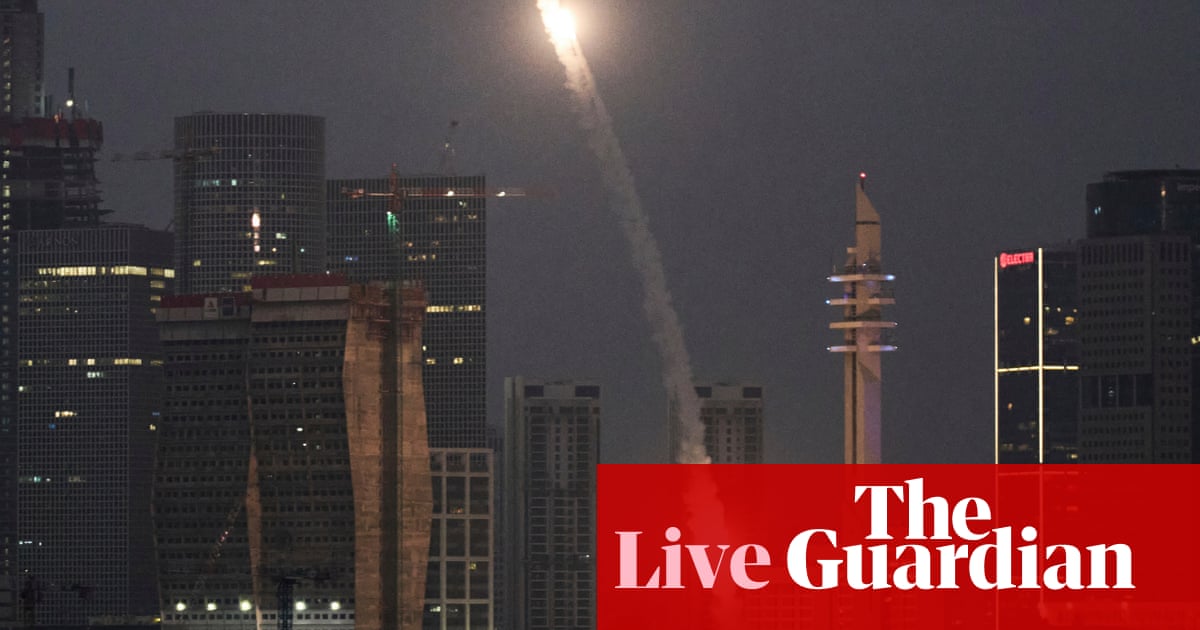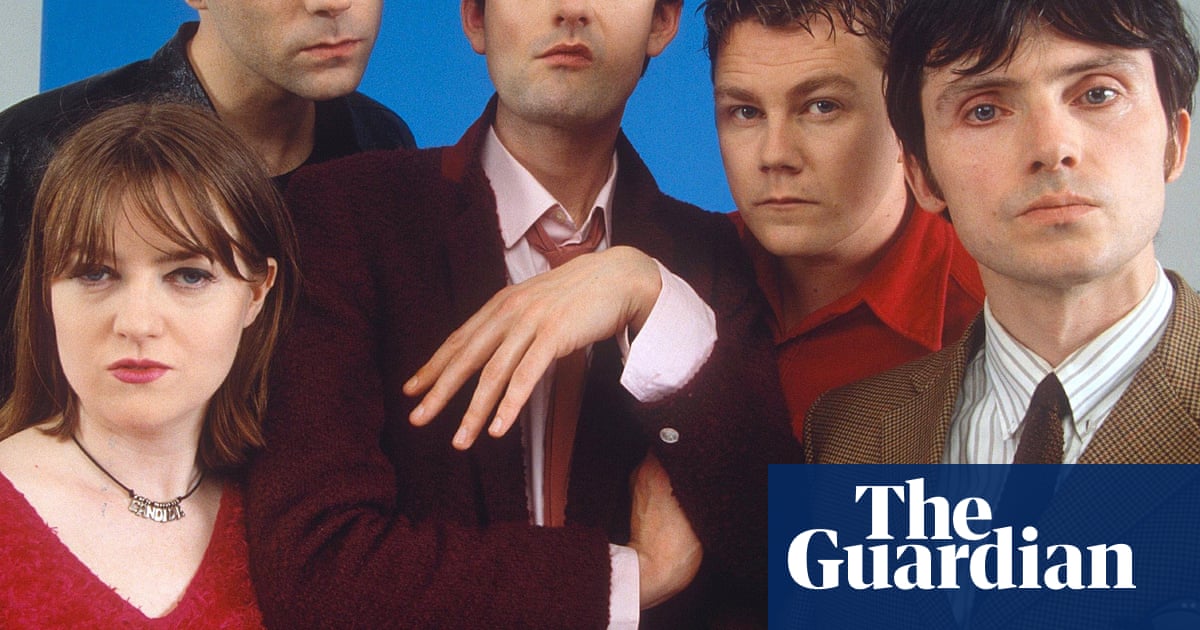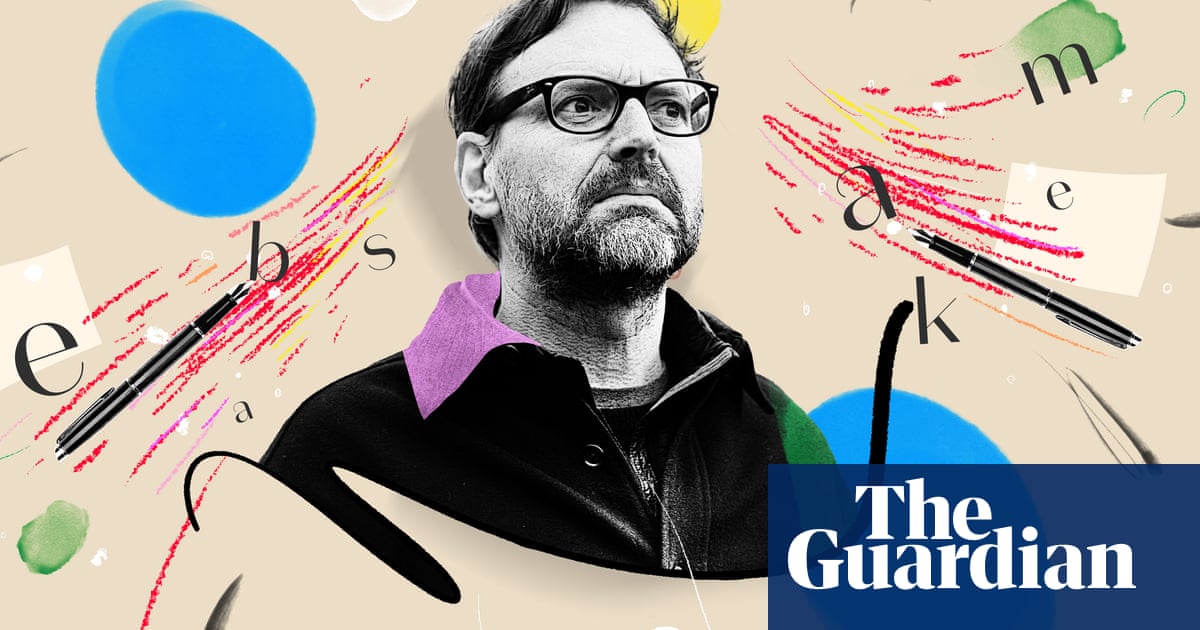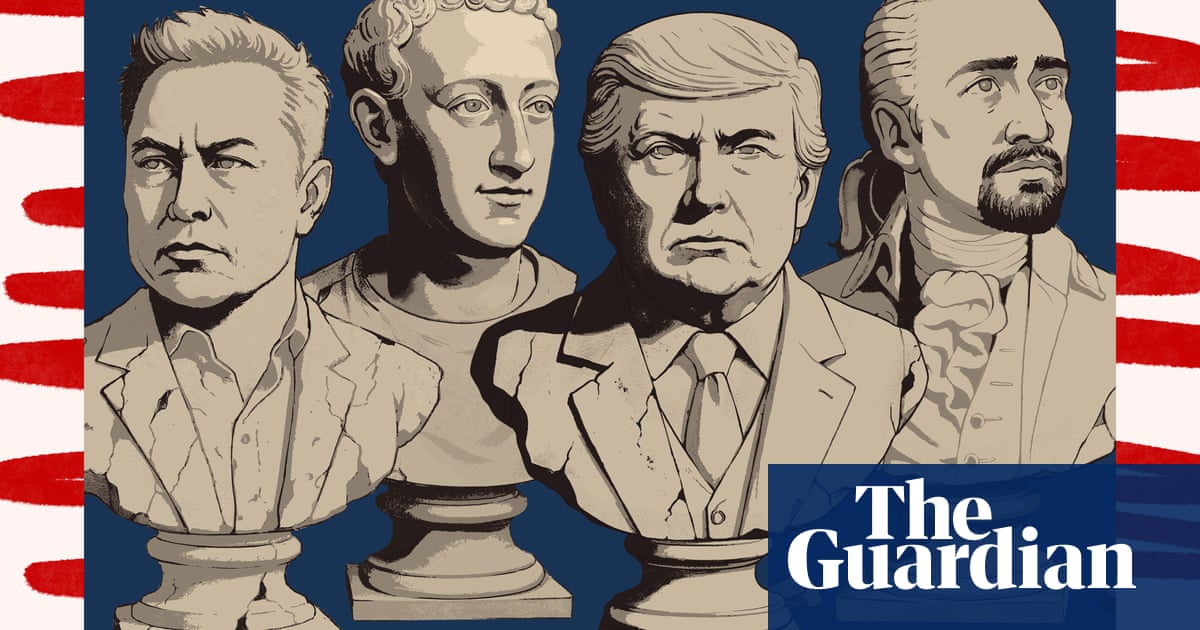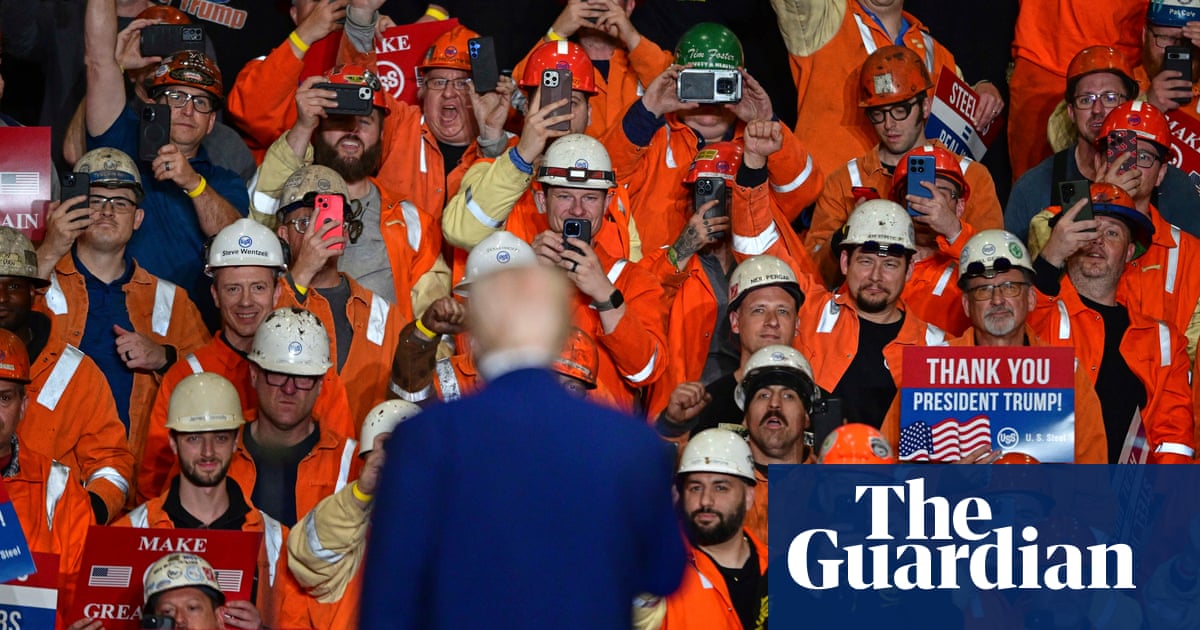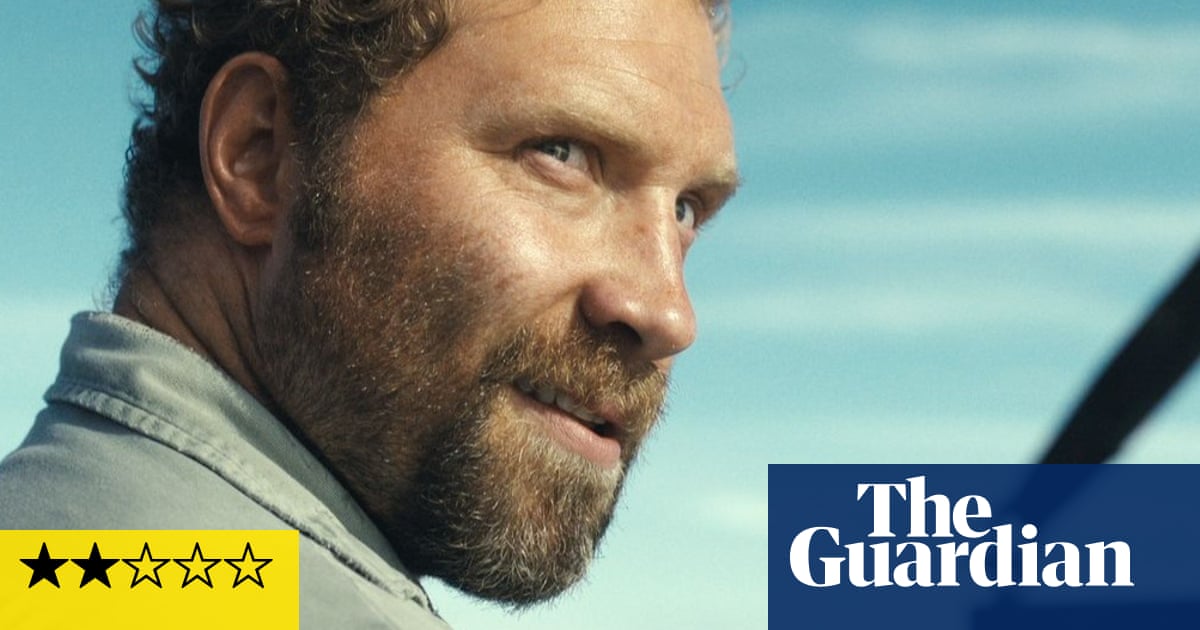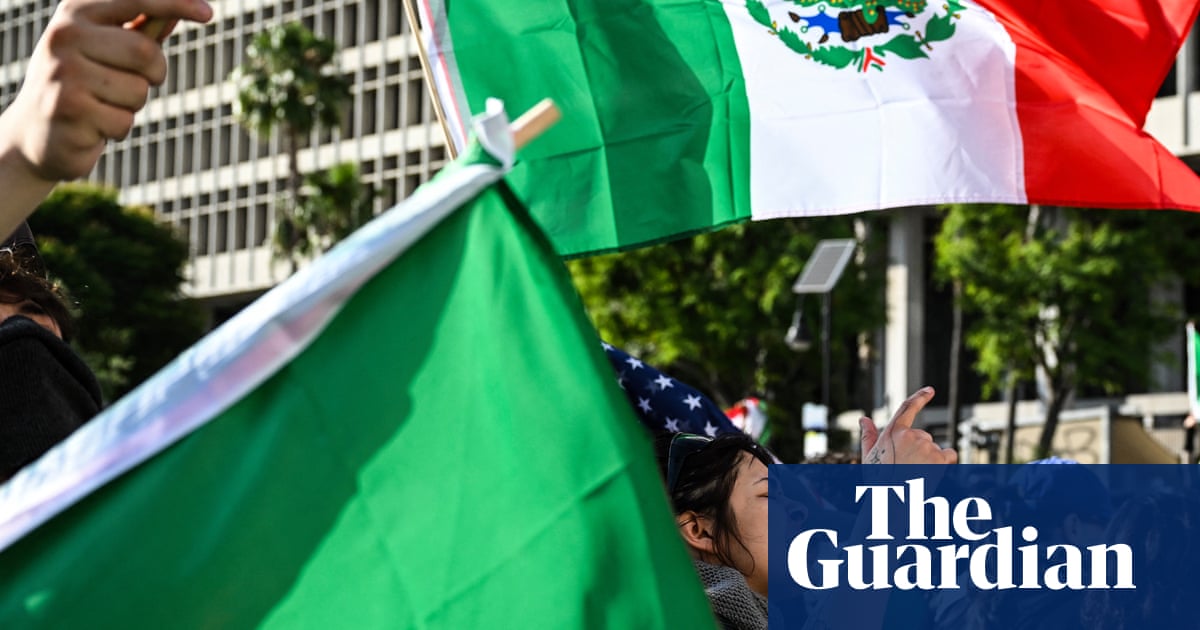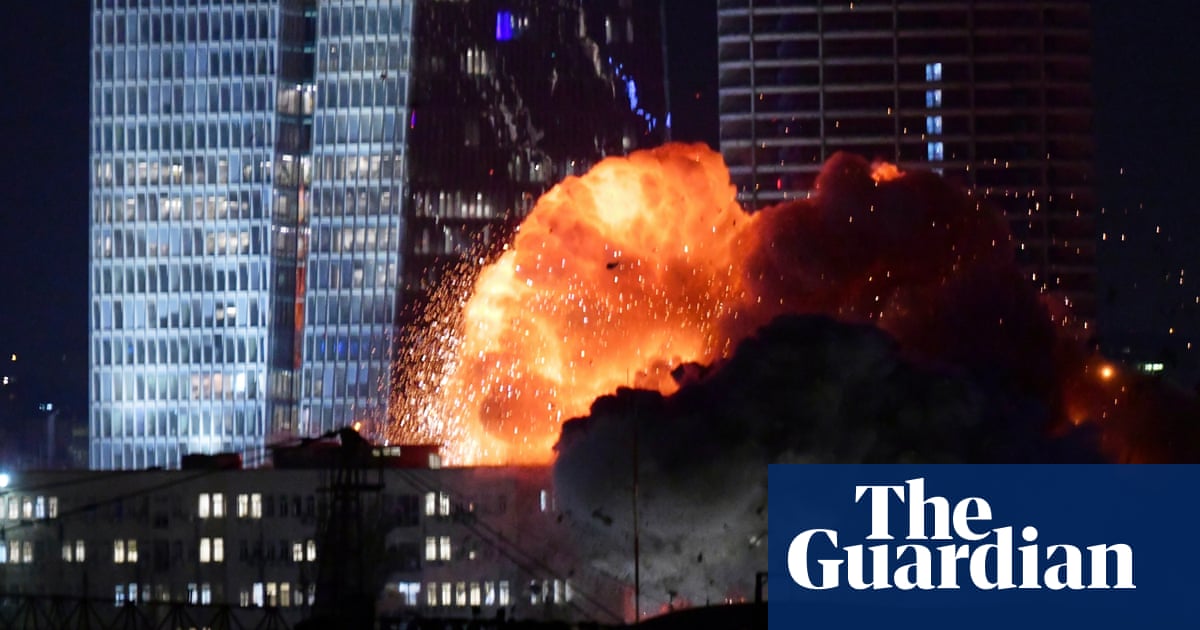There’s no such thing as a sure thing in Hollywood. Just ask Marvel Studios – once the box office equivalent of a cashpoint duct-taped to a golden goose, now resembling a busted slot machine in Skegness. Reports this week suggest that Thunderbolts*, the studio’s latest attempt to turn supervillain also-rans into marquee gold, has officially faceplanted at the box office despite strong reviews, a cast stacked with rising stars and indie darlings, and enough emotional baggage to ground a Sundance drama.
In theory, Jake Schreier’s rowdy ensemble piece had it all: Florence Pugh, David Harbour, Wyatt Russell’s jawline, a marketing campaign whispering “this isn’t your dad’s Marvel film”, and the sort of melancholic indie sheen that usually comes free with a Bon Iver soundtrack. Critics even liked it. And yet audiences, perhaps stung by a mercurial ride for the once pristine superhero studio simply couldn’t be bothered to find out what all the fuss was about. With a production and marketing tab pushing $275m (£203m), Thunderbolts* needed to soar like Iron Man. Instead, Variety suggests its $371m (£273m) global take after six weeks in multiplexes is likely to leave it some way short of the $425m (£313m) the film needs to break even by the time it slips quietly on to Disney+.
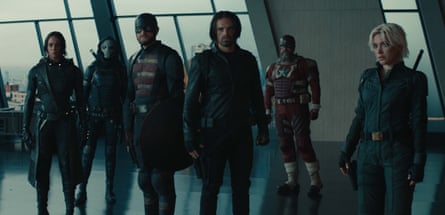
The hand-wringing in Hollywood has been palpable. But the reality is that Thunderbolts* sets up far more monumental Marvel instalments – that asterisk is all about teasing the arrival in the MCU of the New Avengers, while the movie’s end-credit scene sees the Fantastic Four plummeting towards Earth-199999 in a suitably retro-futurist rocket ship from another dimension – so it doesn’t really need to hit $1bn to be considered at least a partial success. Audiences might have decided that the studio is no longer churning out fabulous content at such a guaranteed rate, but Kevin Feige et al will surely sleep soundly knowing that even if the audience isn’t buying the starter, the next 10-course franchise tasting menu is already in the oven.
In many ways, Thunderbolts* was something of a free hit for the studio. Had comic book movie fans warmed to it, Marvel might have had a completely new team of colourful miscreants to spin off into the glorious synergised future, just as they did with James Gunn’s Guardians of the Galaxy trilogy. But if fans aren’t feeling the new team, it’s really not a big issue, because Red Guardian, Ghost and US Agent are surely destined to be torpedoed by the real Avengers when they eventually trampoline in from whatever pocket dimension Robert Downey Jr is cryogenically stored in.
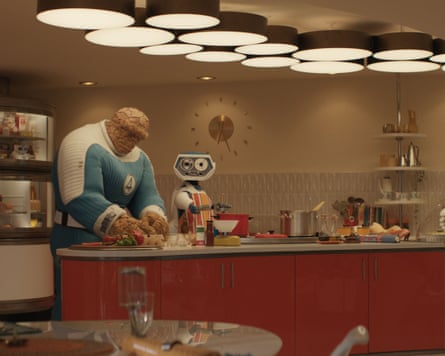
In future years, Thunderbolts* might be remembered as warmly as the forgotten pilot episode for a series that never got made, or as a cinematic shrug that bridged the gap between multiversal crises and the return of a gaggle of box office big guns. On the other hand, we might be sitting here in 20 years’ time recalling the moment we realised Pugh was going to be the biggest thing in comic book movies since Hugh Jackman first sprouted sideburns.
Maybe Thunderbolts* was never meant to save the MCU – just stall for time while the A-listers finished renegotiating their contracts. It may not have been the genuine thunderclap moment the studio needed to remind audiences why they cared about capes and cosmic nonsense in the first place, but with The Fantastic Four: First Steps and Avengers: Doomsday on the horizon, it certainly filled the gap. Because, in the end, even a Thunderbolts* movie held together with VFX and vibes counts as content. And in 2025, that’s still the most valuable substance in the known universe.

 18 hours ago
4
18 hours ago
4





